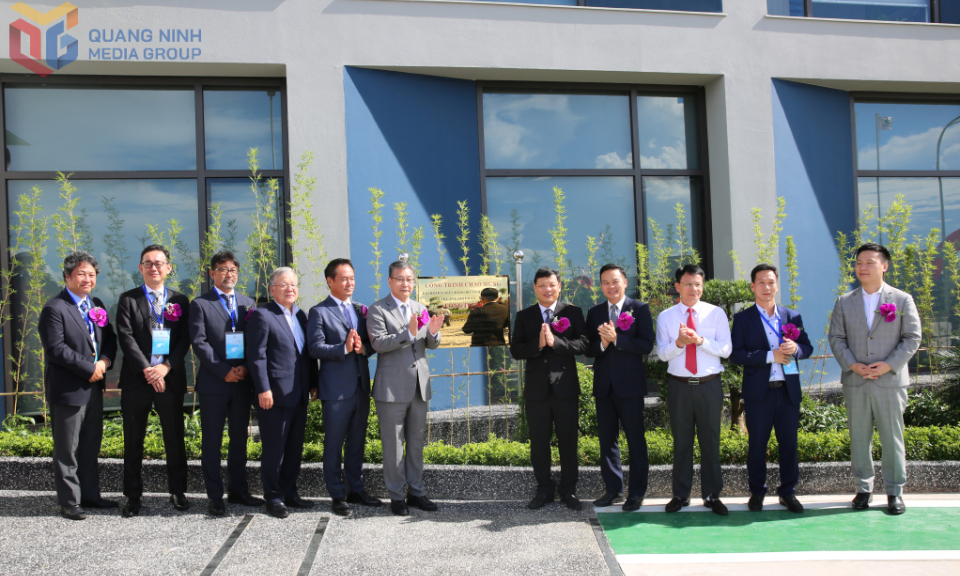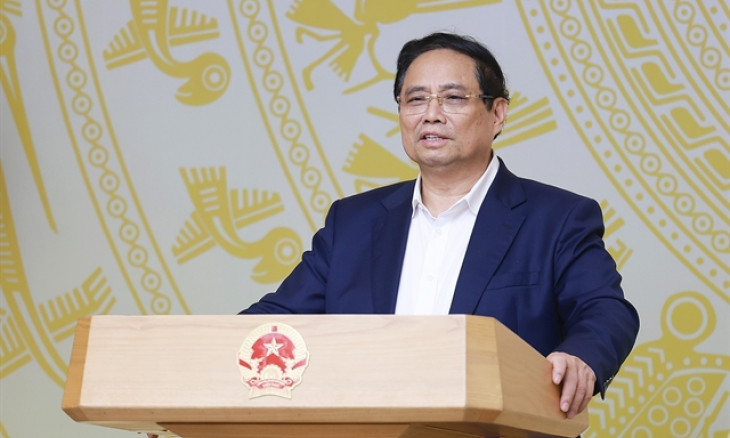Training human resources crucial for digital transformation
It is forecast that by 2030, the country needs 2.5 million personnel to serve digital transformation, so promoting ICT human resources training is very urgent.
Vietnam is facing a significant shortage of human resources, both in quantity and quality, for occupations related to the information and communication technology (ICT) sector. As the nation is promoting the National Digital Transformation Programme to 2025, Vietnam aims to develop digital government, economy and society, the need to fill this gap has become more urgent than ever.
In 2000, Vietnam had only about 50,000 people working in the ICT sector who contributed about 0.5% to the country’s GDP. After more than 20 years, this workforce exceeded more than 1 million people and made up to 14.3% of its GDP.
It is forecast that by 2030, the country needs 2.5 million personnel to serve digital transformation, so promoting ICT human resources training is very urgent.
According to a report from the Ministry of Information and Communications (MIC), Vietnam has about 1.5 million workers in the ICT field. The country currently has 168 universities and 520 vocational schools providing ICT training, with over 84,000 graduates annually, including about 50,000 at the university level and 34,000 at the college and intermediate levels.
However, a survey by TopDev, a reputable recruitment organisation, showed that only about 30% of graduates meet the skills and expertise of employers. Thus, they need retraining or changing careers, causing a waste of social resources.
Nguyen Thanh Tuyen, Deputy Director of the Information and Communications Technology Industry under the MIC said that in the world, ICT is one of the three industries with the fastest reduction in personnel over the past five years, at 23%. About 380,000 workers have lost their jobs since 2022, accounting for 1.9% of global personnel.
According to Layoffs.fyi, a site specialising in tracking layoffs in the technology industry, the number of technology workers laid off in 2023 was higher than the combined figure in 2020 and 2021. Amazon made the largest number of layoffs in the past 12 months with more than 27,000. It was followed by Meta, Google and Microsoft with 21,000, 12,000 and 11,000, respectively.
Vietnam is not an exception. Information technology has become one of the three industries with the fastest workforce reduction in the past three years. In particular, businesses in Ho Chi Minh City had a staff reduction rate of more than 22%; while 14.7% of businesses in Hanoi reduced salaries and bonuses.
According to Nguyen Thi Thu Giang from Navigos Group, companies have set more stringent recruitment requirements, leading to pressure on information technology personnel to find new jobs. Many employees lack soft skills and foreign languages, she said, adding that it is the inflexibility makes employees see more challenges than opportunities in new jobs.
Although the wave of layoffs in the IT industry has not stopped, some job positions will still have an increasing demand such as artificial intelligence (AI), and cloud computing engineer.
Director of the MISA Institute of Training and Technology Nguyen Thanh Tung said that in the current context, students who have skills and knowledge about AI and know how to use AI tools will certainly be able to be recruited and developed better than others.
Vietnam faces a major turning point in the roadmap for developing IT human resources to meet market demand. Therefore, improving training quality is always a top priority for education institutions.
It is expected that there will be five universities piloting the digital higher education model this year. Professional and soft skills training programmes will also target international standards, international certificates, digital platform applications, and online practice, while the training duration is shortened from 4.5 to 3.5 years.
Minister of Information and Communications Nguyen Manh Hung said that to support universities, the ministry will issue an annual report on demand for IT and digital technology human resources and send it to schools. In addition, the MIC will create demand for digital human resources by promoting digital transformation and developing the semiconductor industry, as well as supporting and promoting digital technology businesses to go abroad to conquer the global market, turning Vietnam into a global digital transformation hub.






